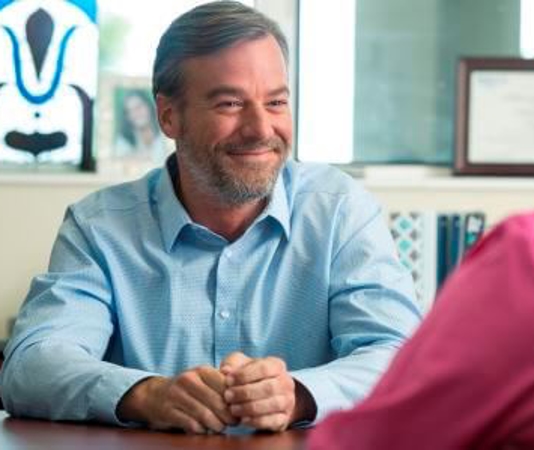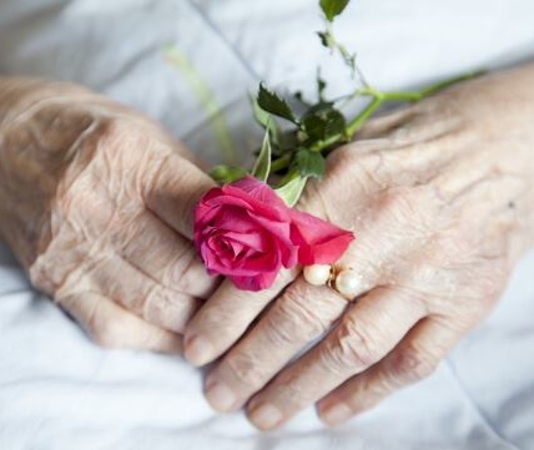Hospice is more than end of life care. Typically, a person receives hospice care when their doctor has diagnosed them with less than six months to live. However, there are instances of people living for years and receiving some level of hospice care.
November is National Hospice and Palliative Care Month. The theme is, “Hospice. Helps. Everyone.”
The Time Is Now
Like many decisions about one’s future, hospice is something that tends to be put off because it can be scary to think about death. Experts advise being proactive on this though.
“There’s a misconception that hospice is only ‘brink-of-death’ care and that’s not the case at all. Hospice works to help people live as fully as possible,” said Jon Radulovic, vice president of communications at the National Hospice and Palliative Care Organization. “Learning about hospice care should happen long before there’s a medical crisis.”
By planning ahead, the care team—which would include hospice—would be able to put together a comprehensive plan of care. This plan will reflect the individual’s needs as well as their family’s needs. In this way, stress is reduced when it comes time to enter hospice.
What It Is—and Isn’t
Hospice care is about teamwork and end of life is process, not a moment. This means that there is not usually 24/7 care with hospice.
“In many cases, it is expected when someone signs up for hospice that they will get 24/7 care,” said Sara Griswell, Operations and Outreach Director at Homewatch CareGivers serving Boulder County, Colorado. “Hospices do not provide that care unless it is a very close to the end-of-life situation.”
The kinds of care that a patient and their families need, but that are not part of hospice, might include bathing, repositioning, incontinence, meal preparation, and running errands. Family caregivers may simply need a break, so it’s good to have a schedule for different people to support one another at this time.
“People take on a lot out of love and respect and then find they have overcommitted themselves and realize they are exhausted,” said Ms. Griswell.
Ultimately, hospice is about affirming life and not hastening it in any way. The idea is to allow an individual to be comfortable and feel supported by family and experts.





